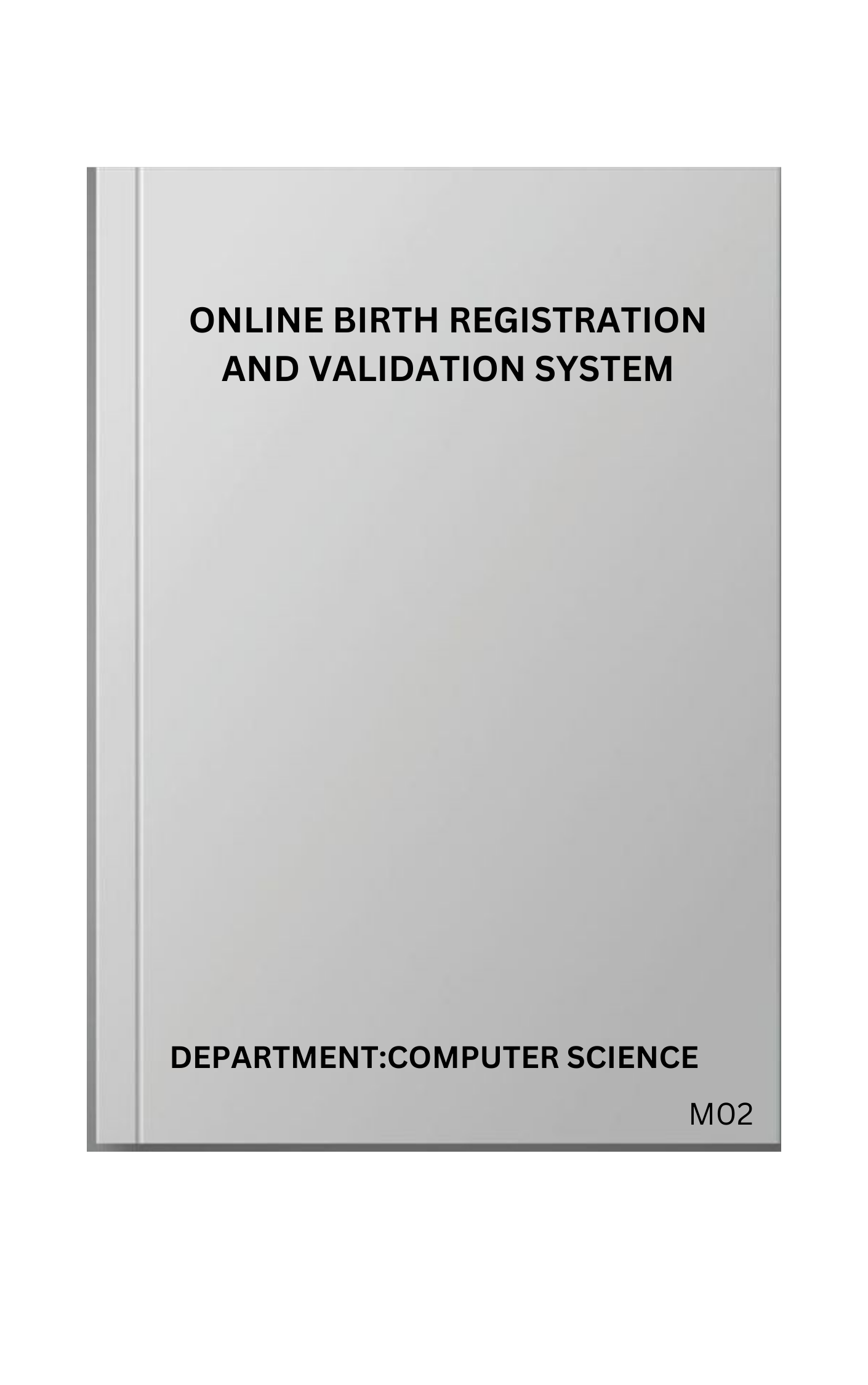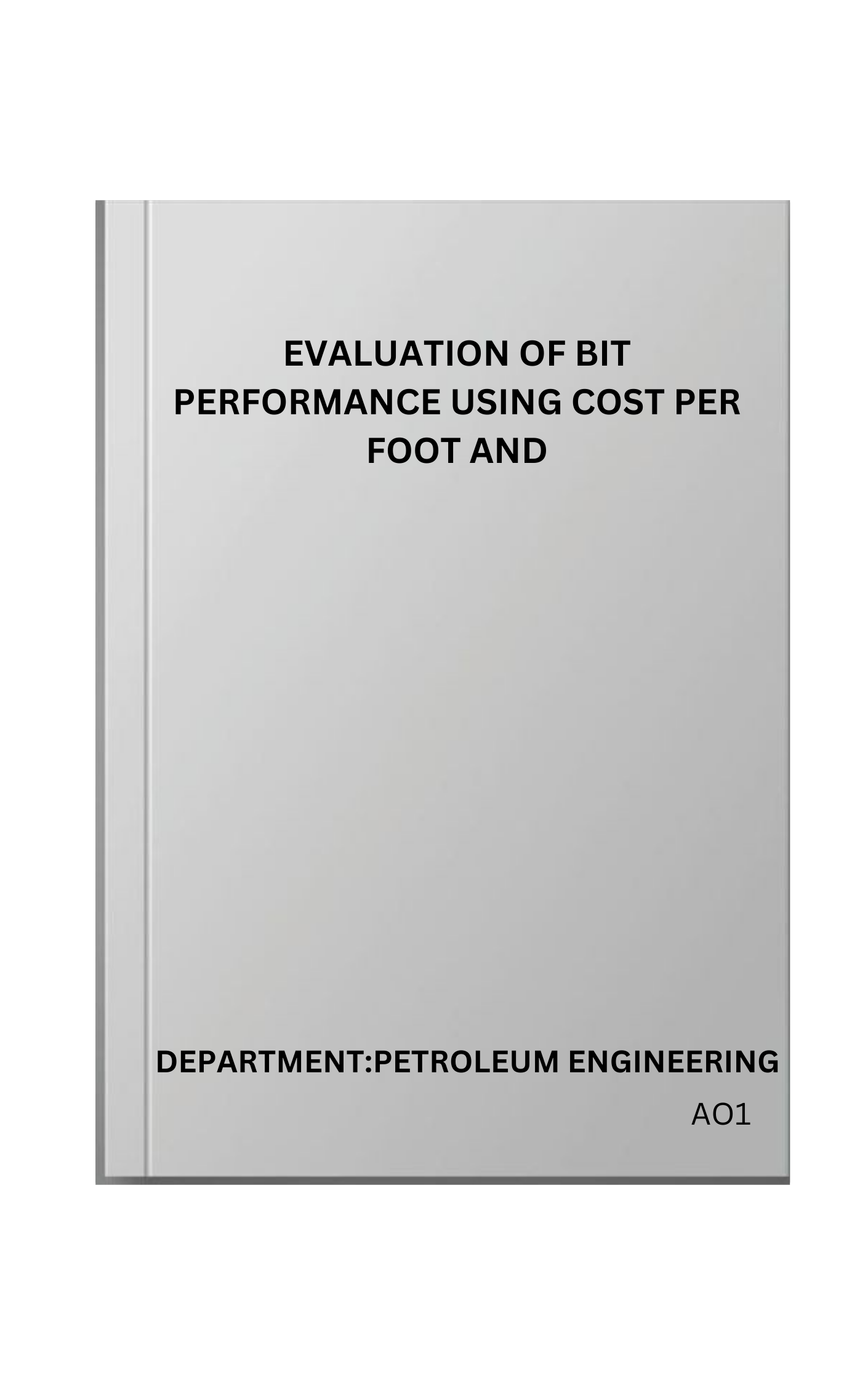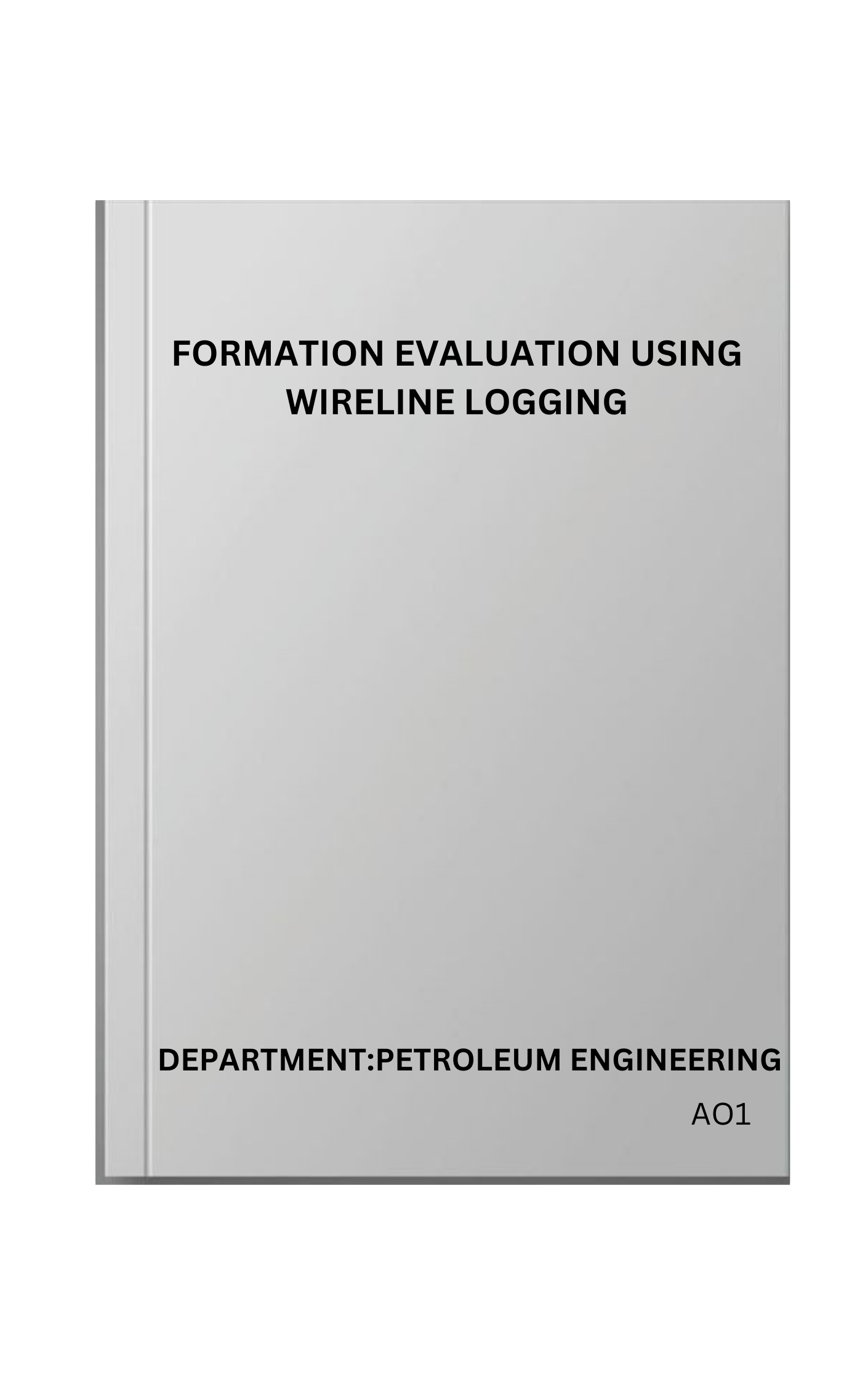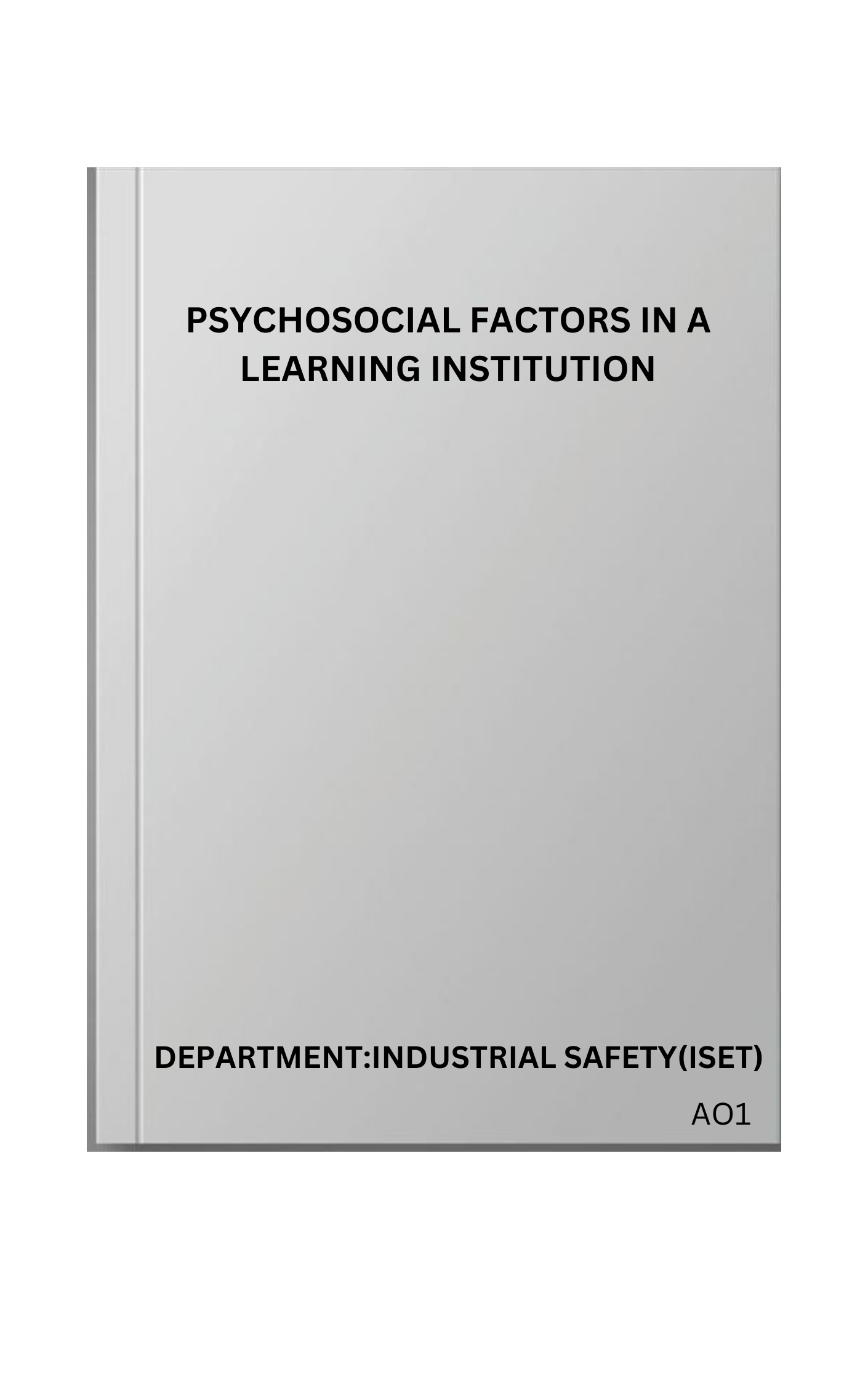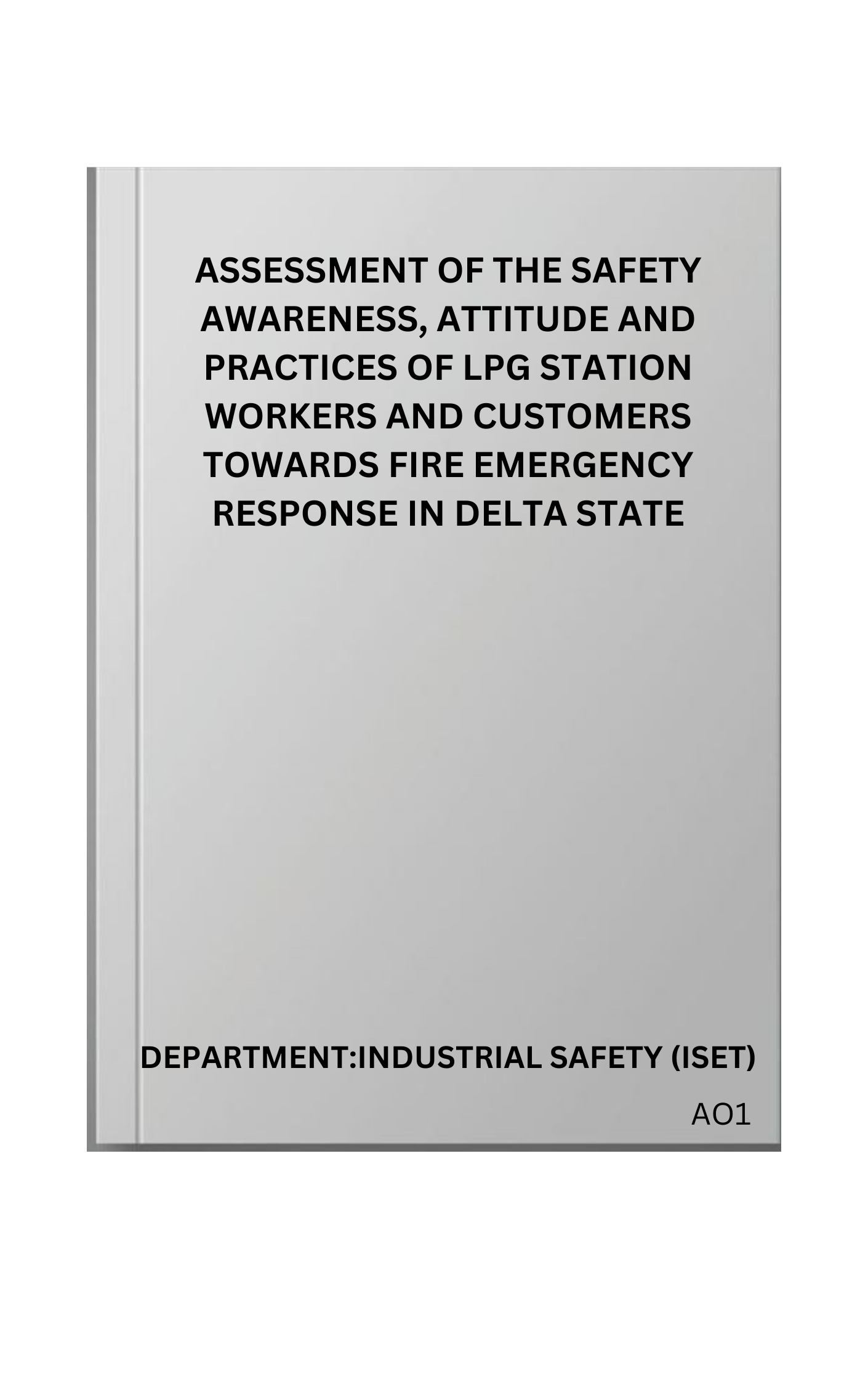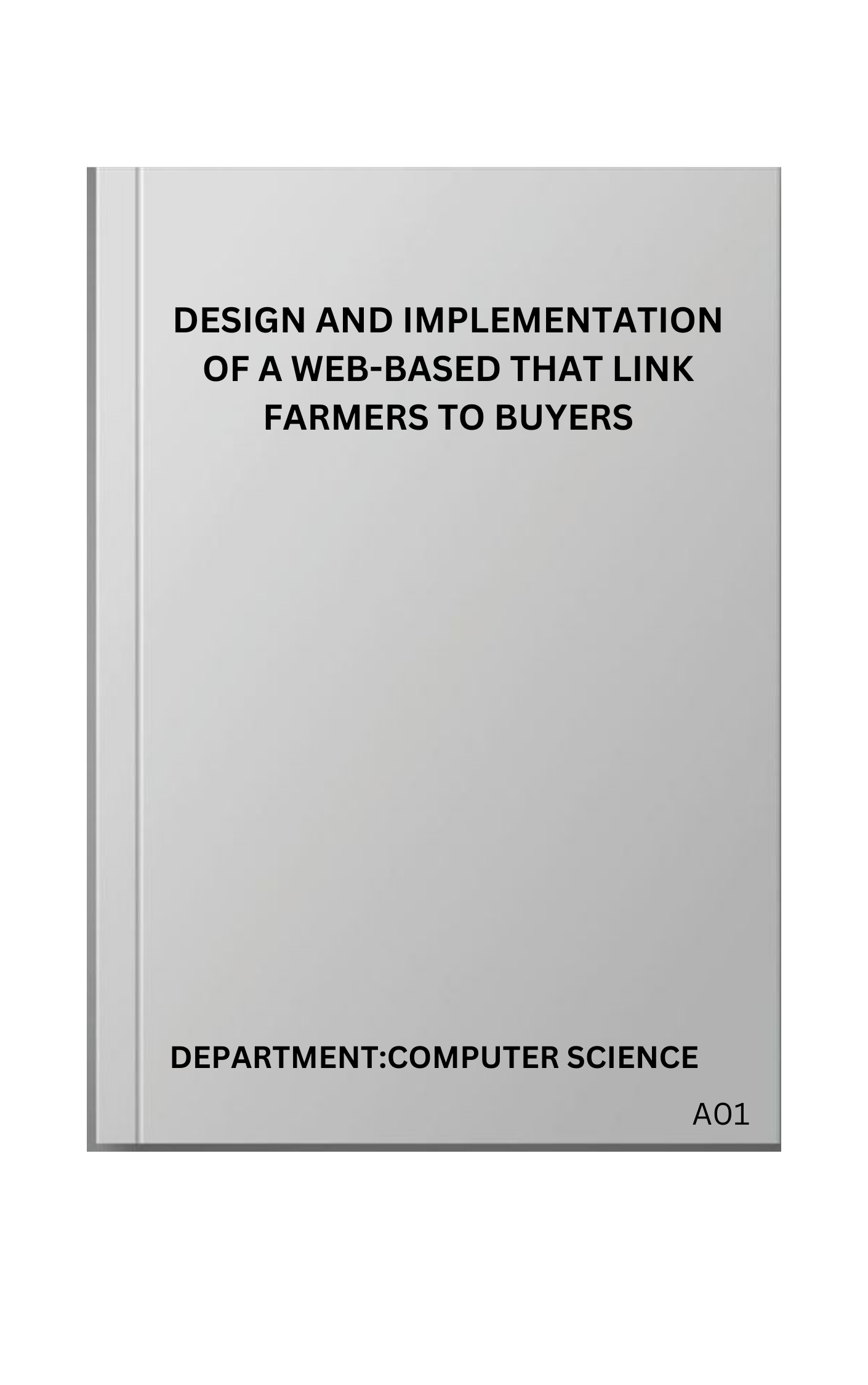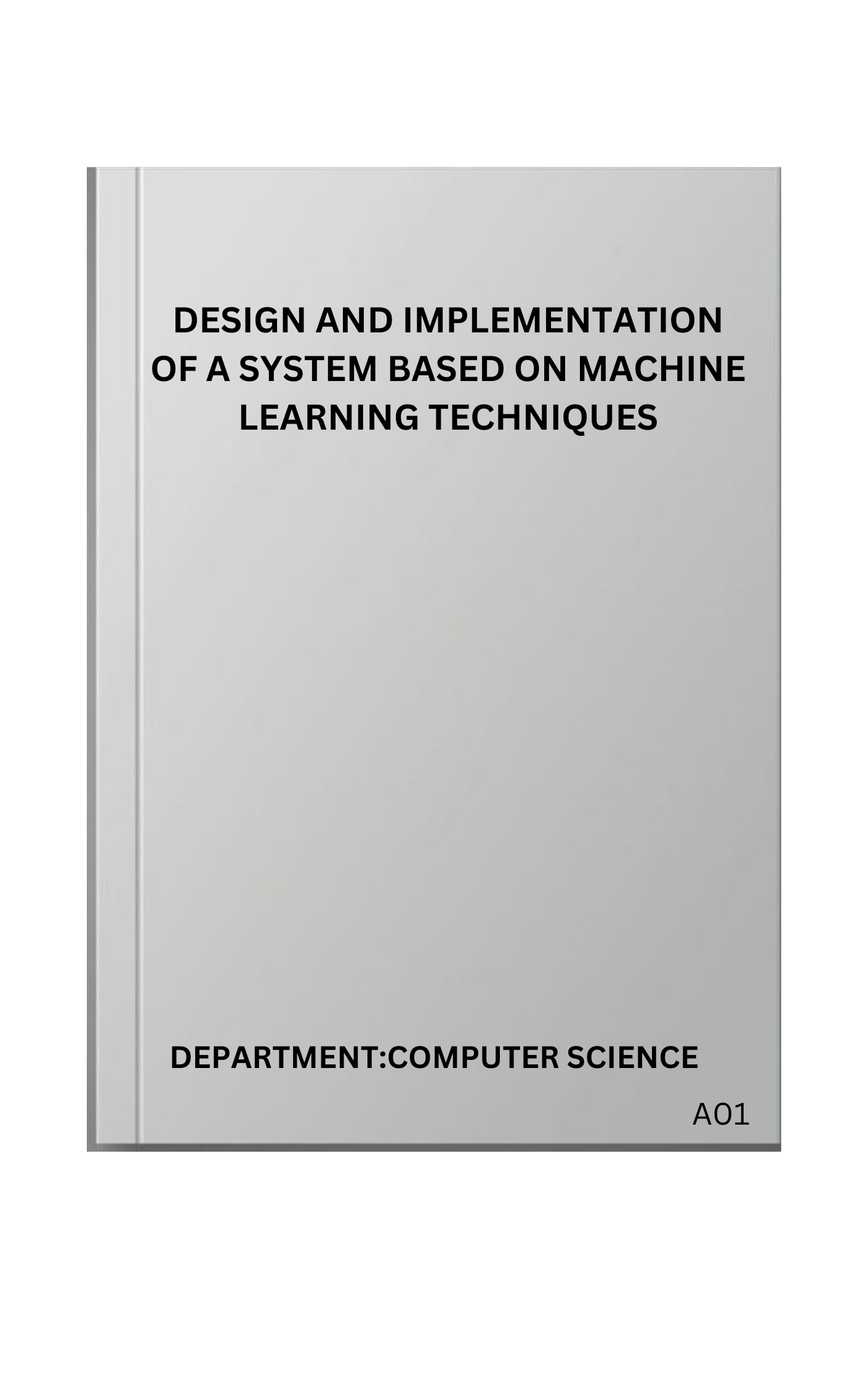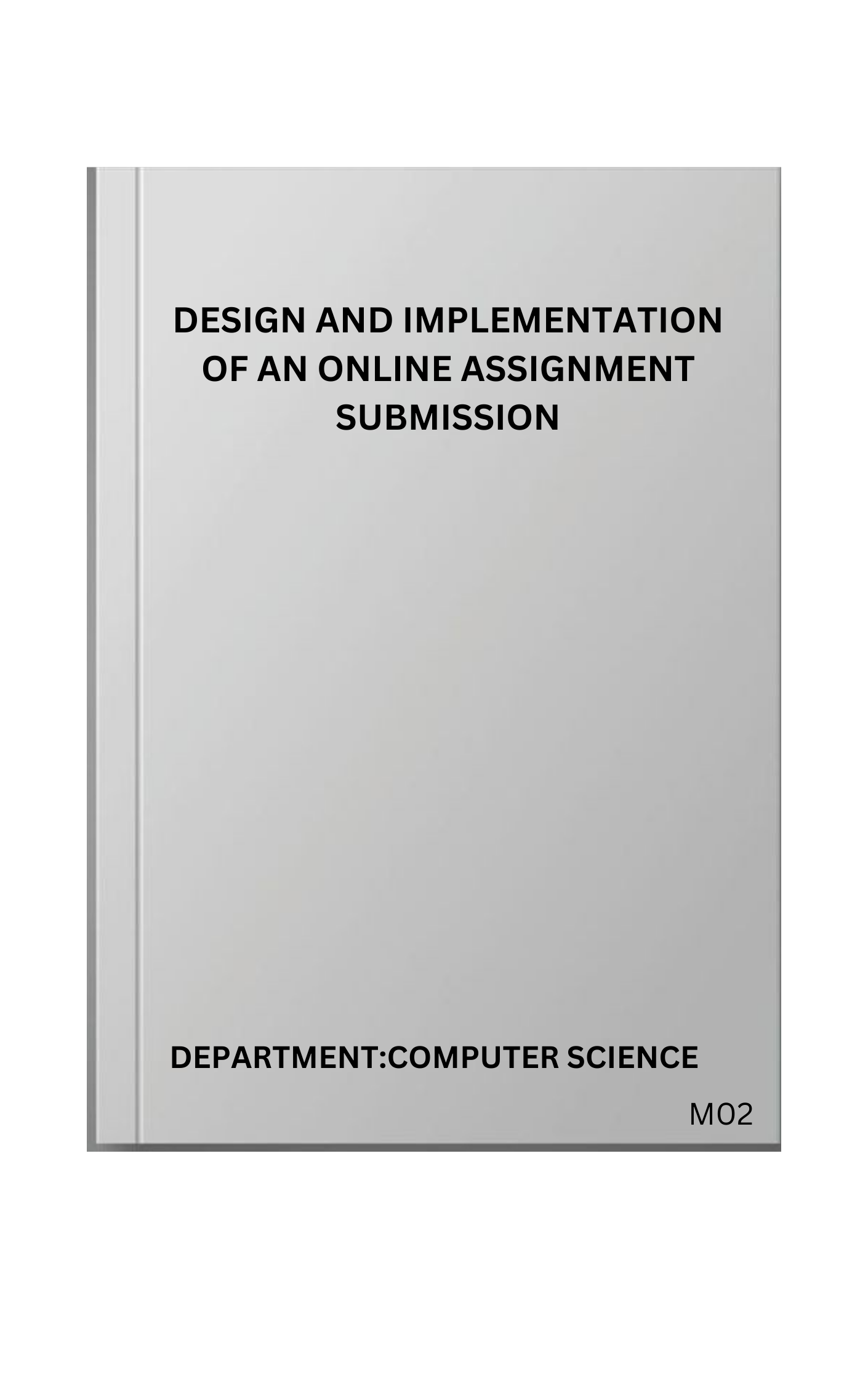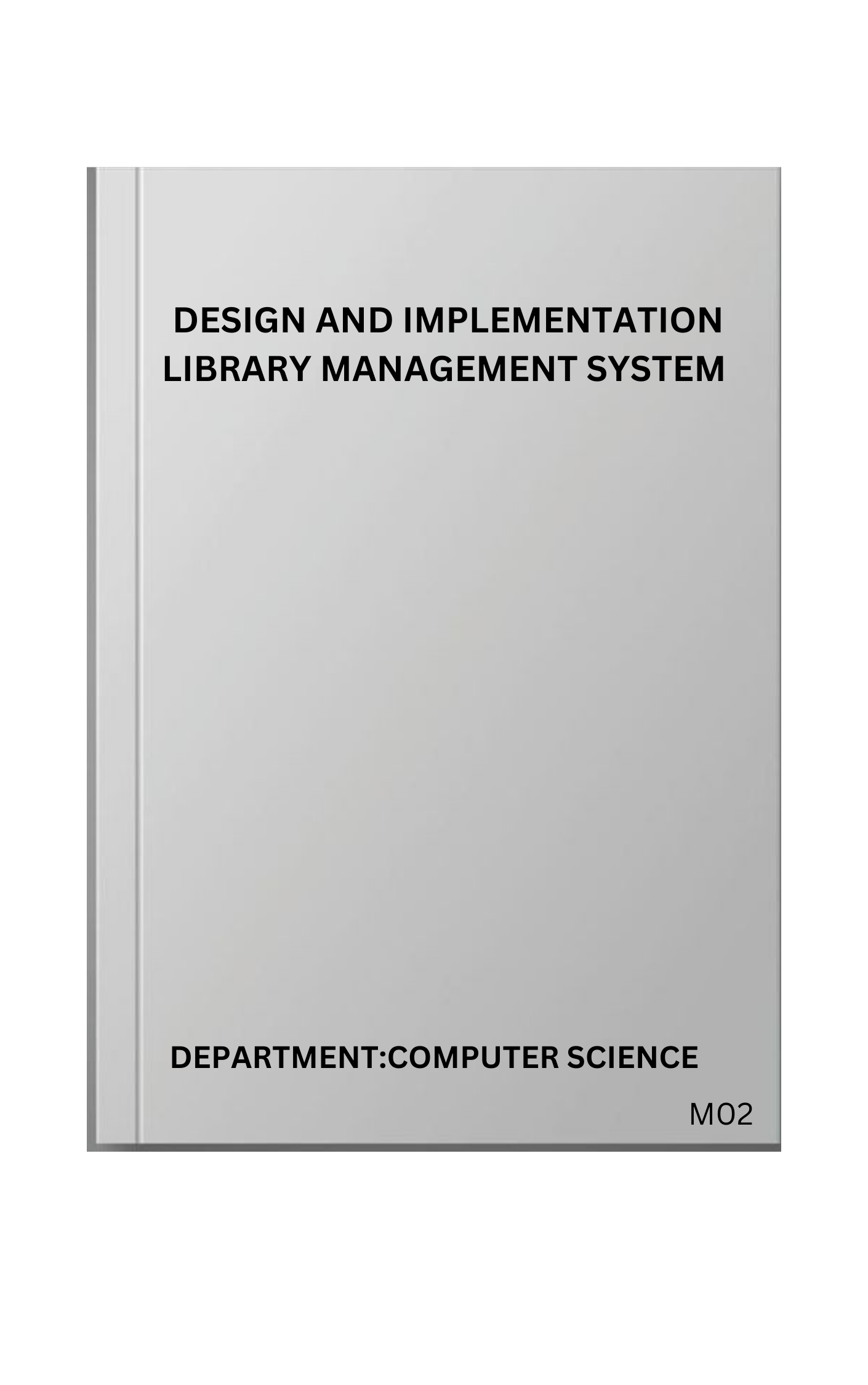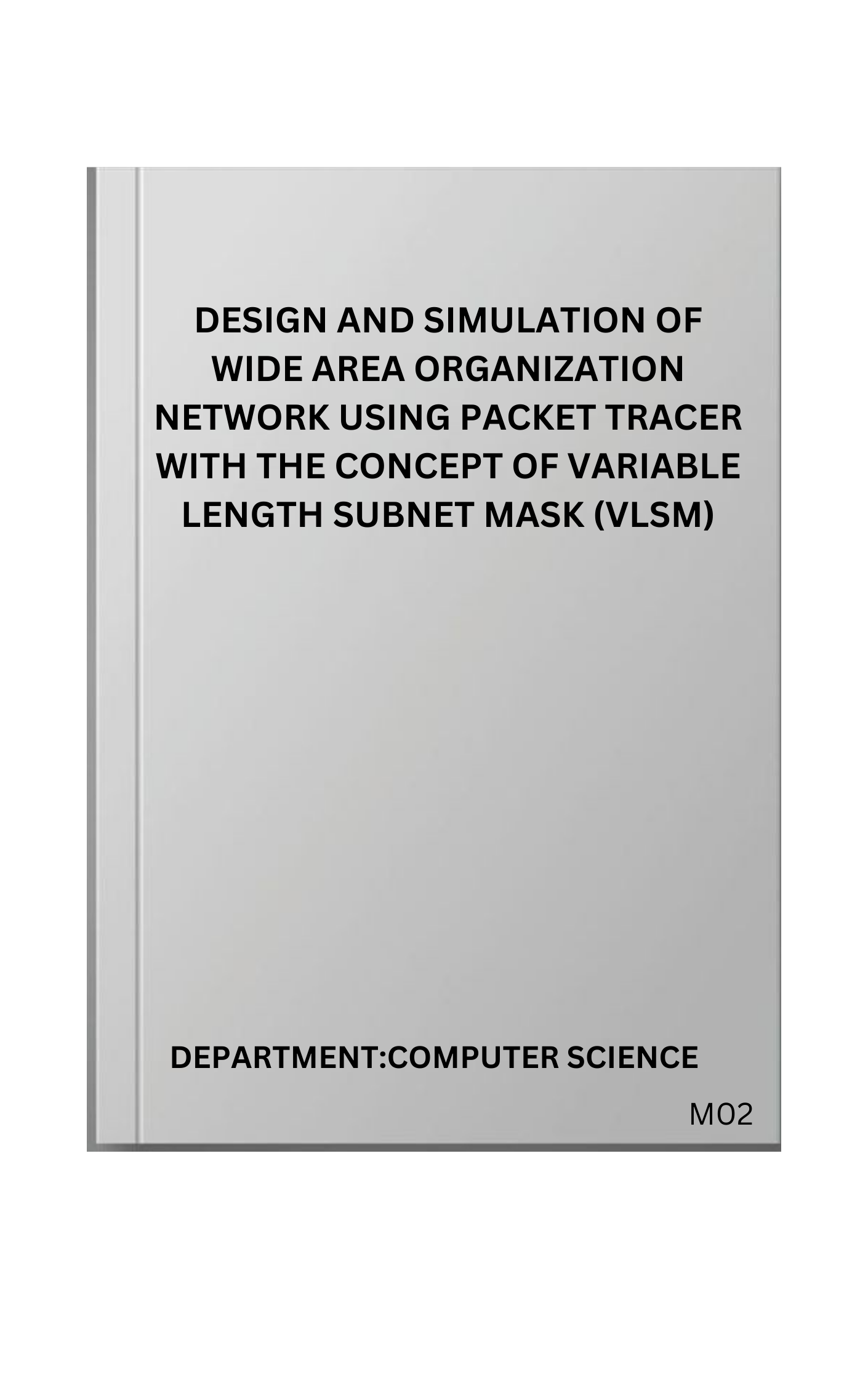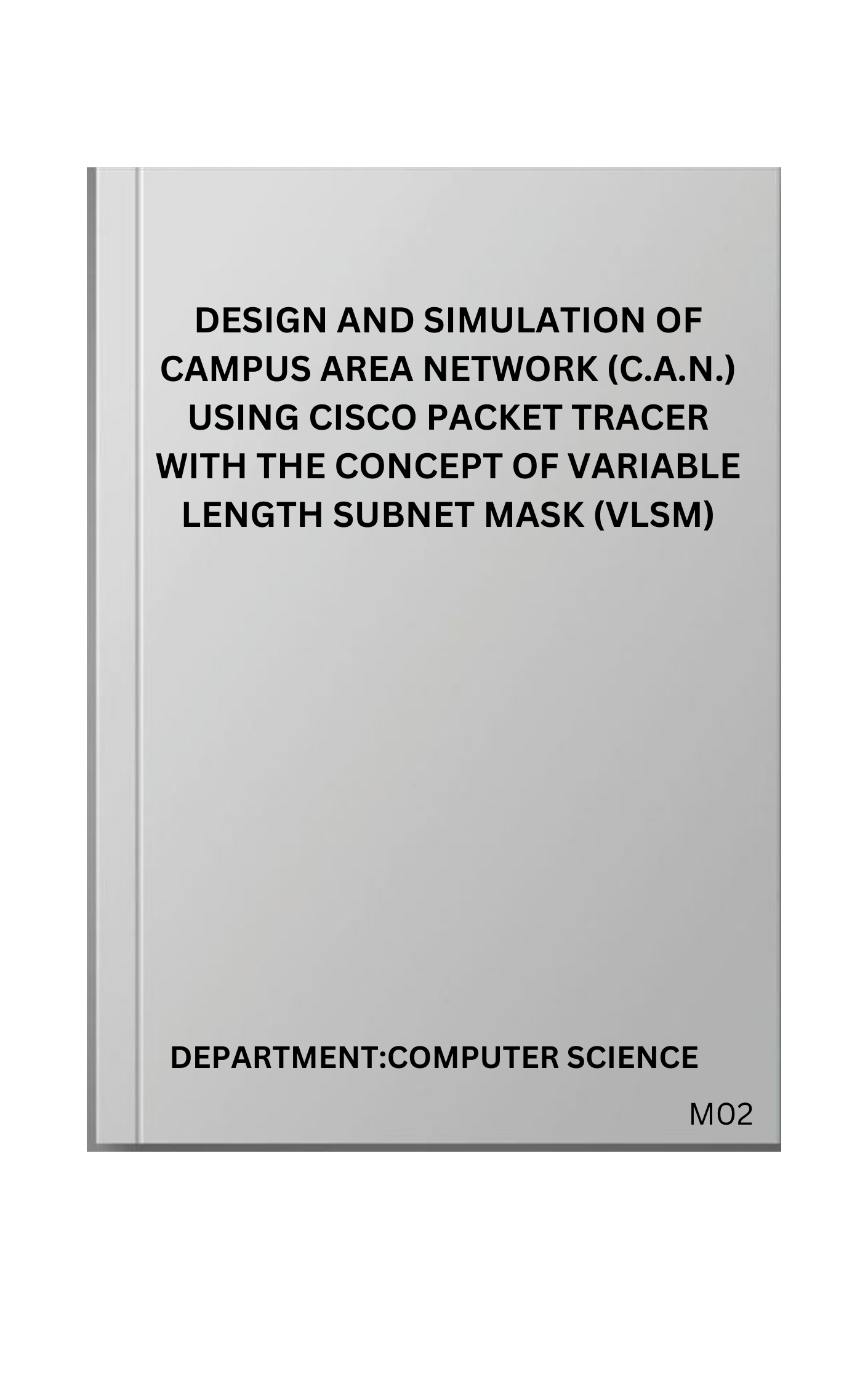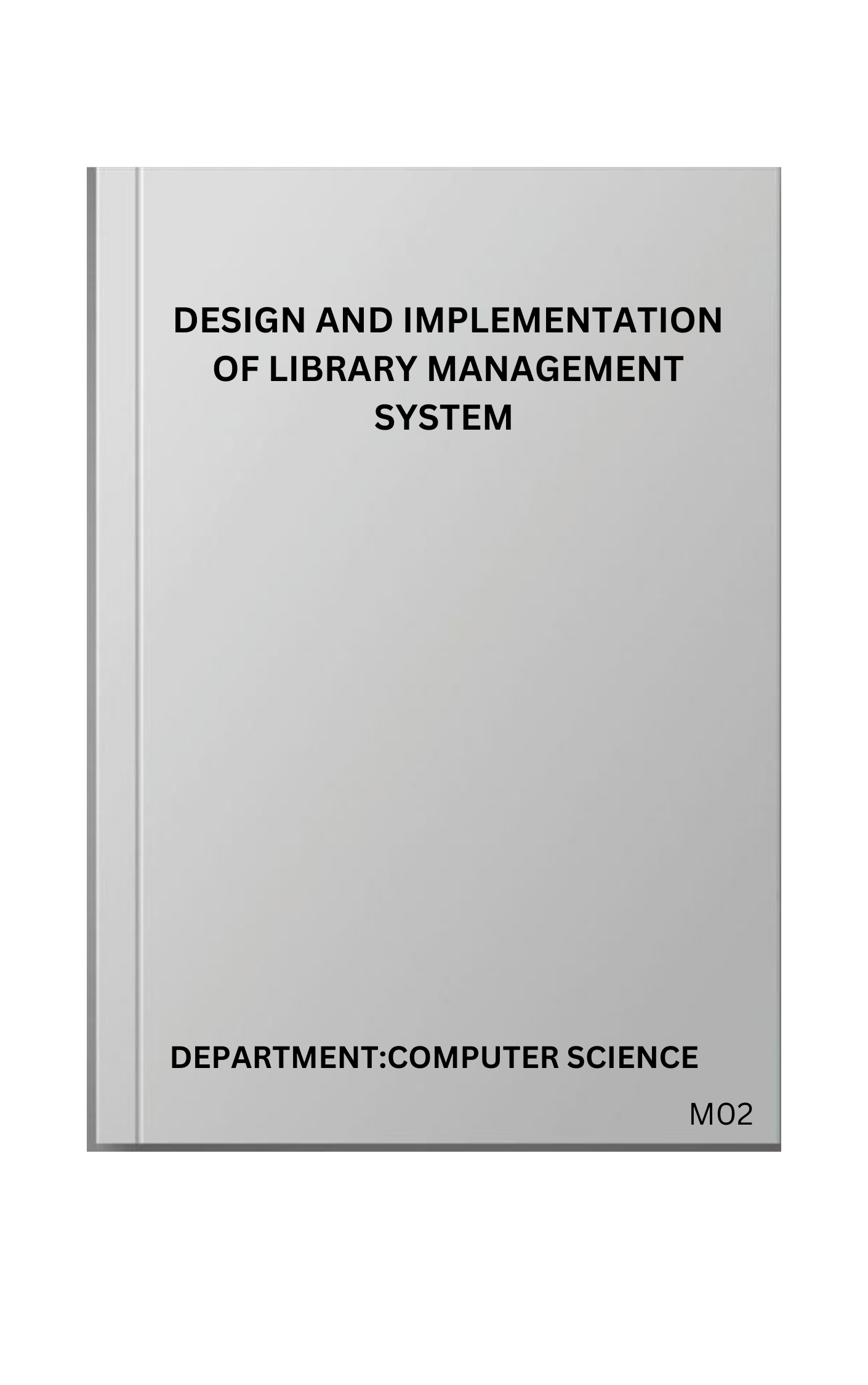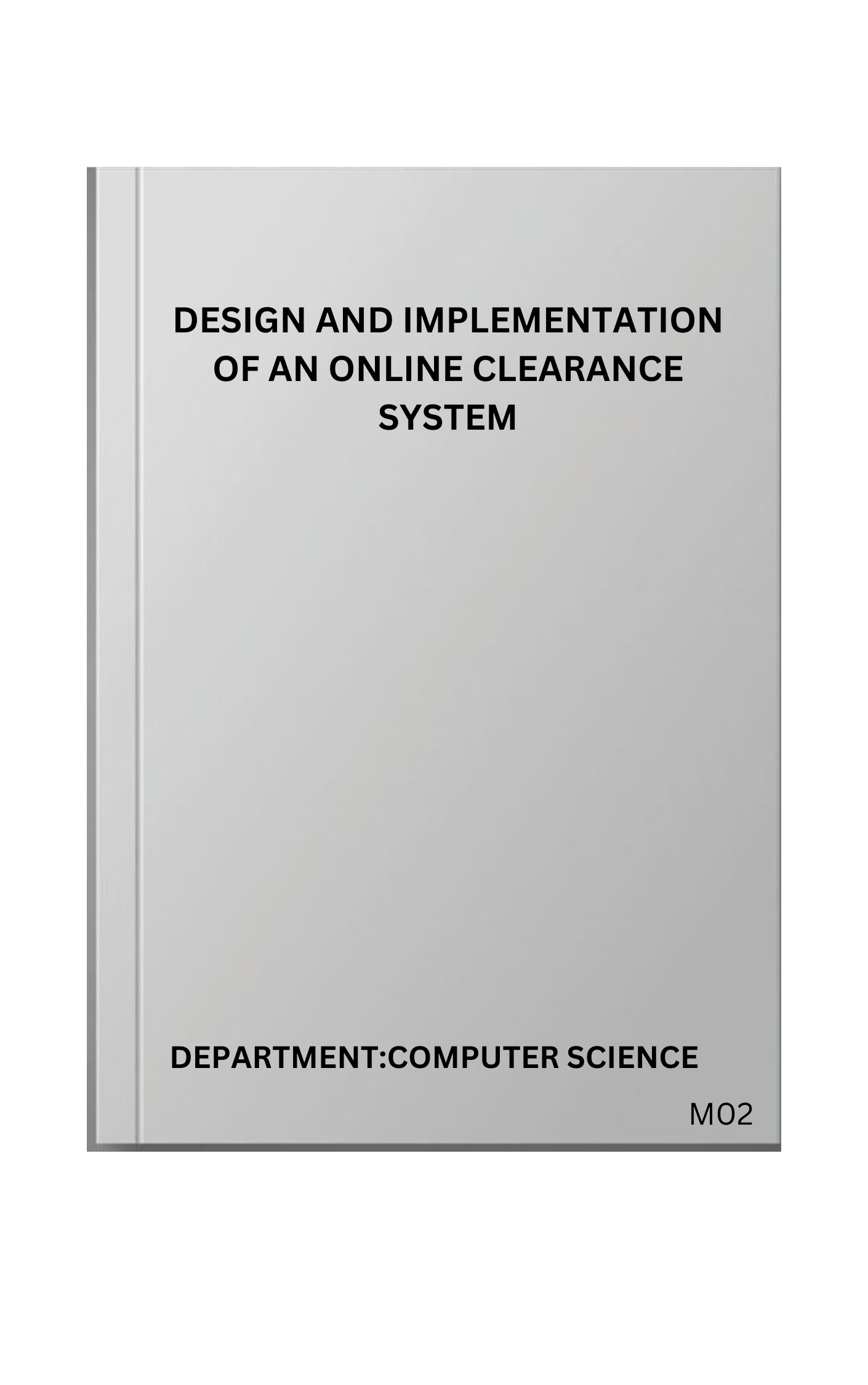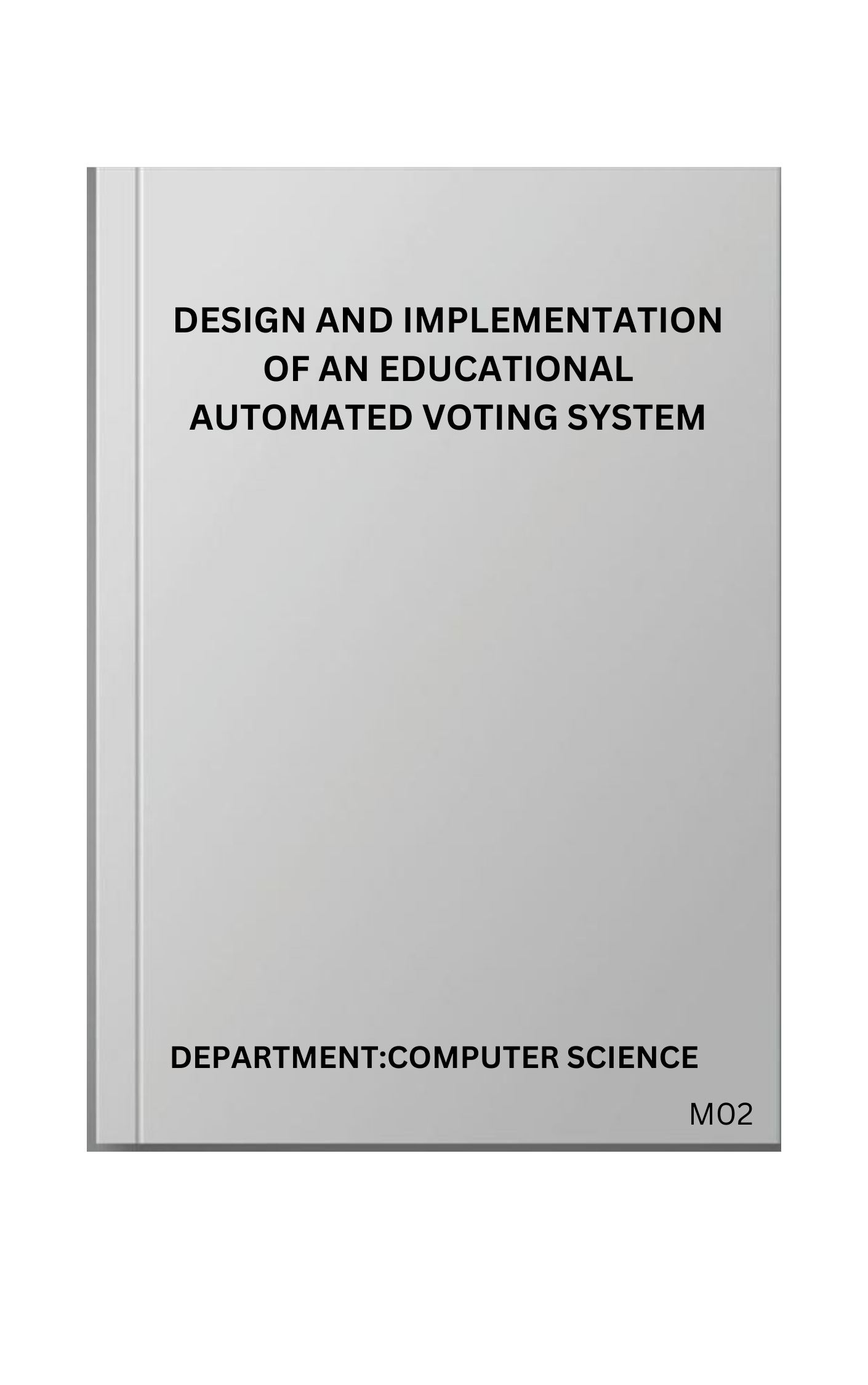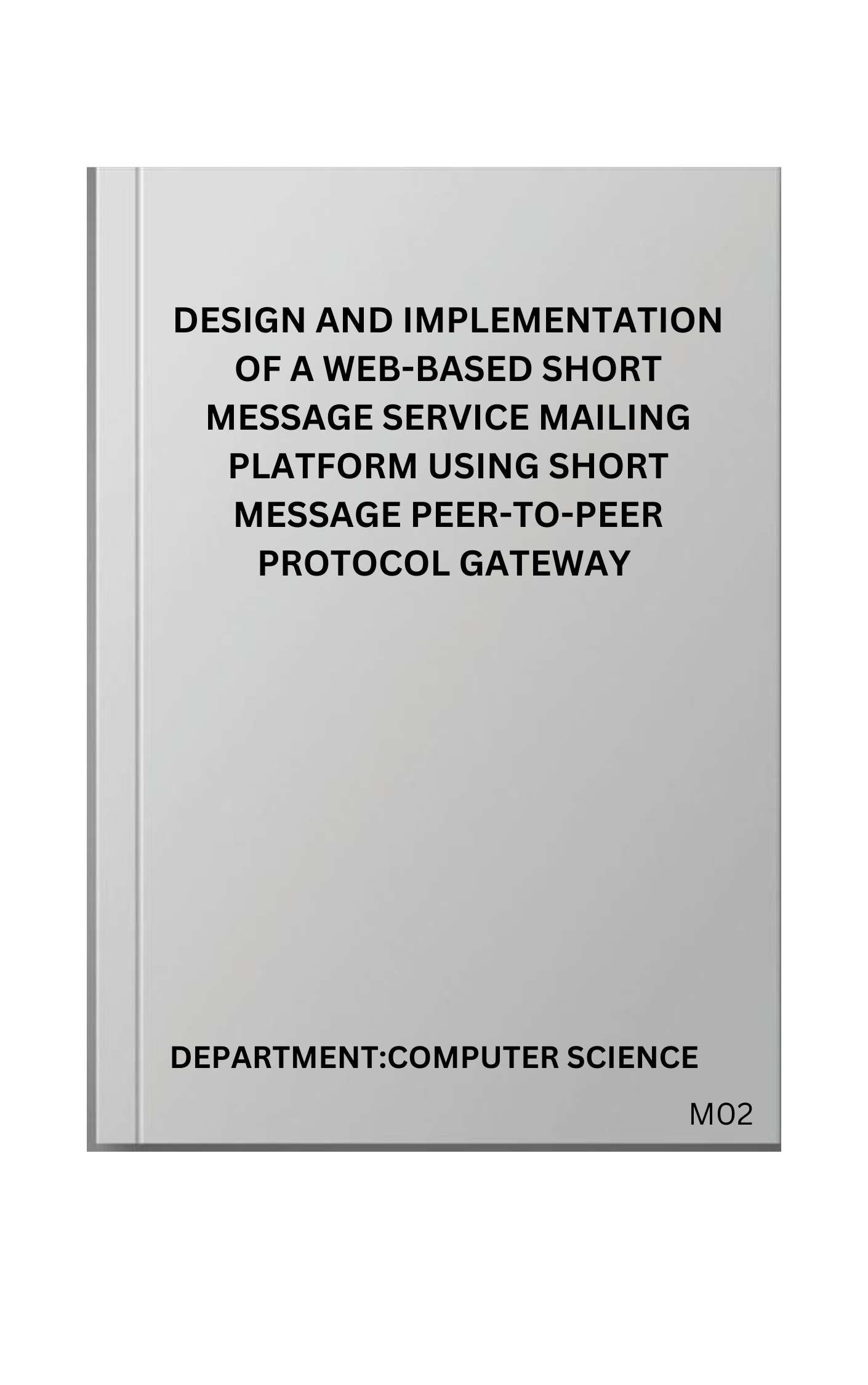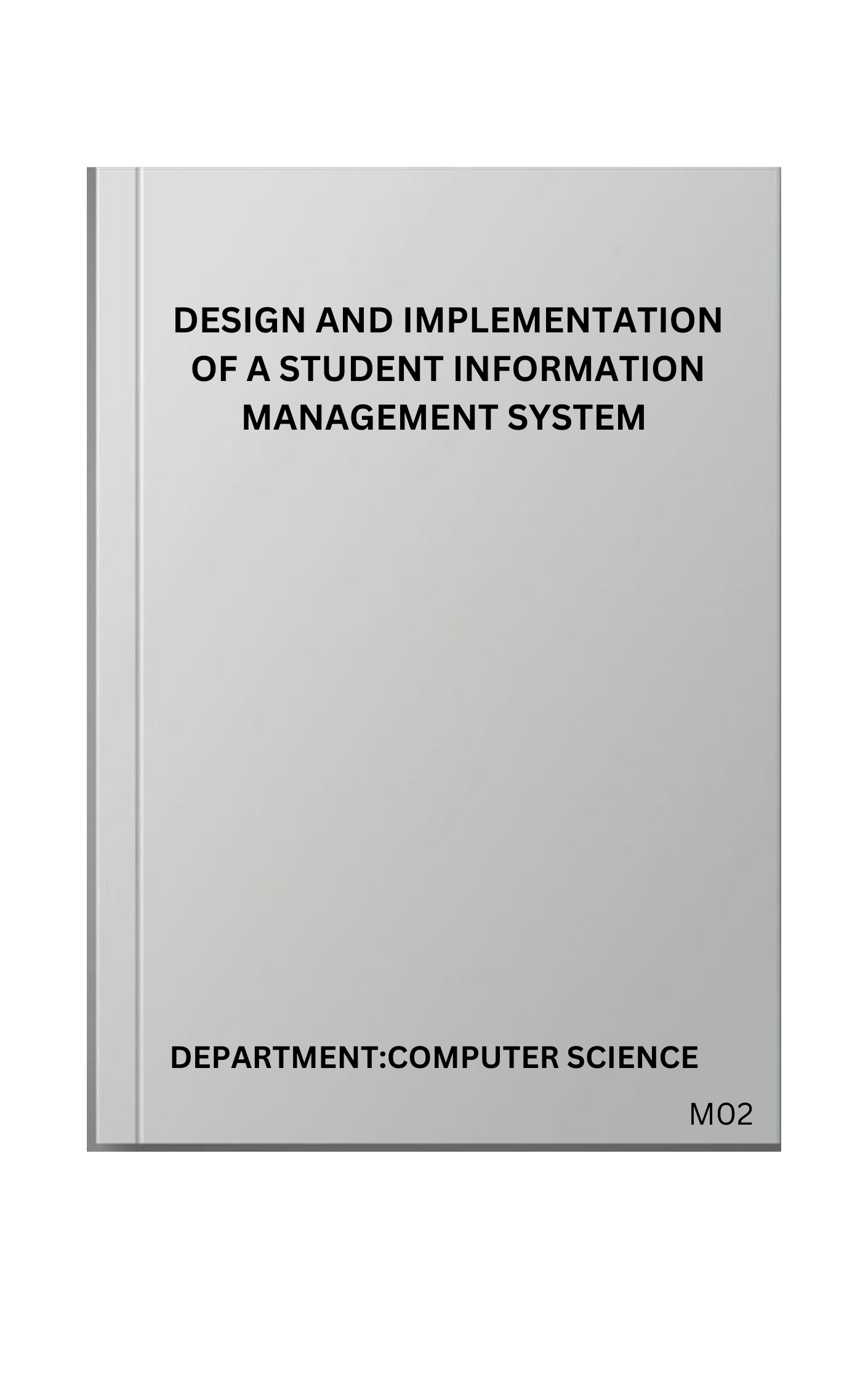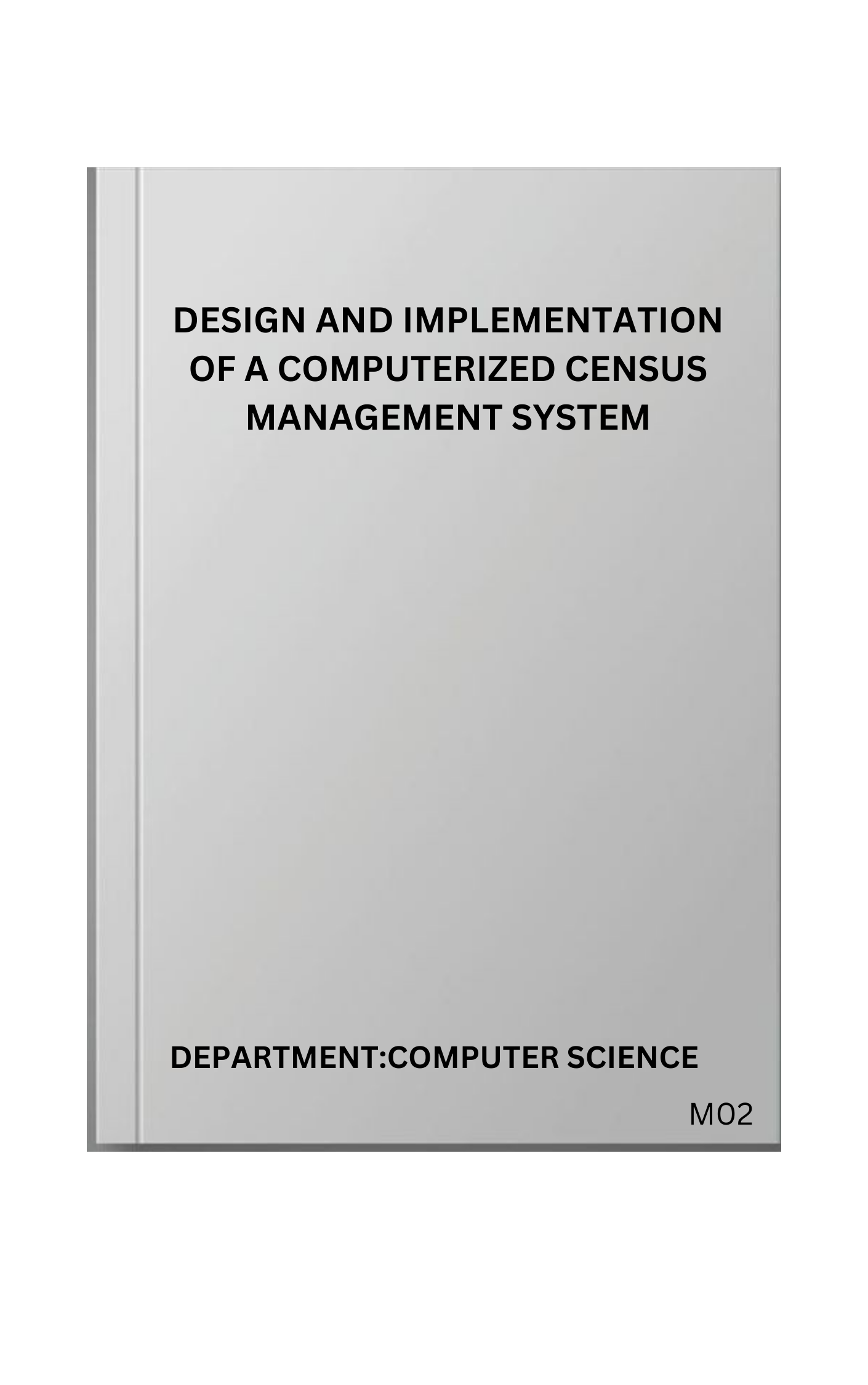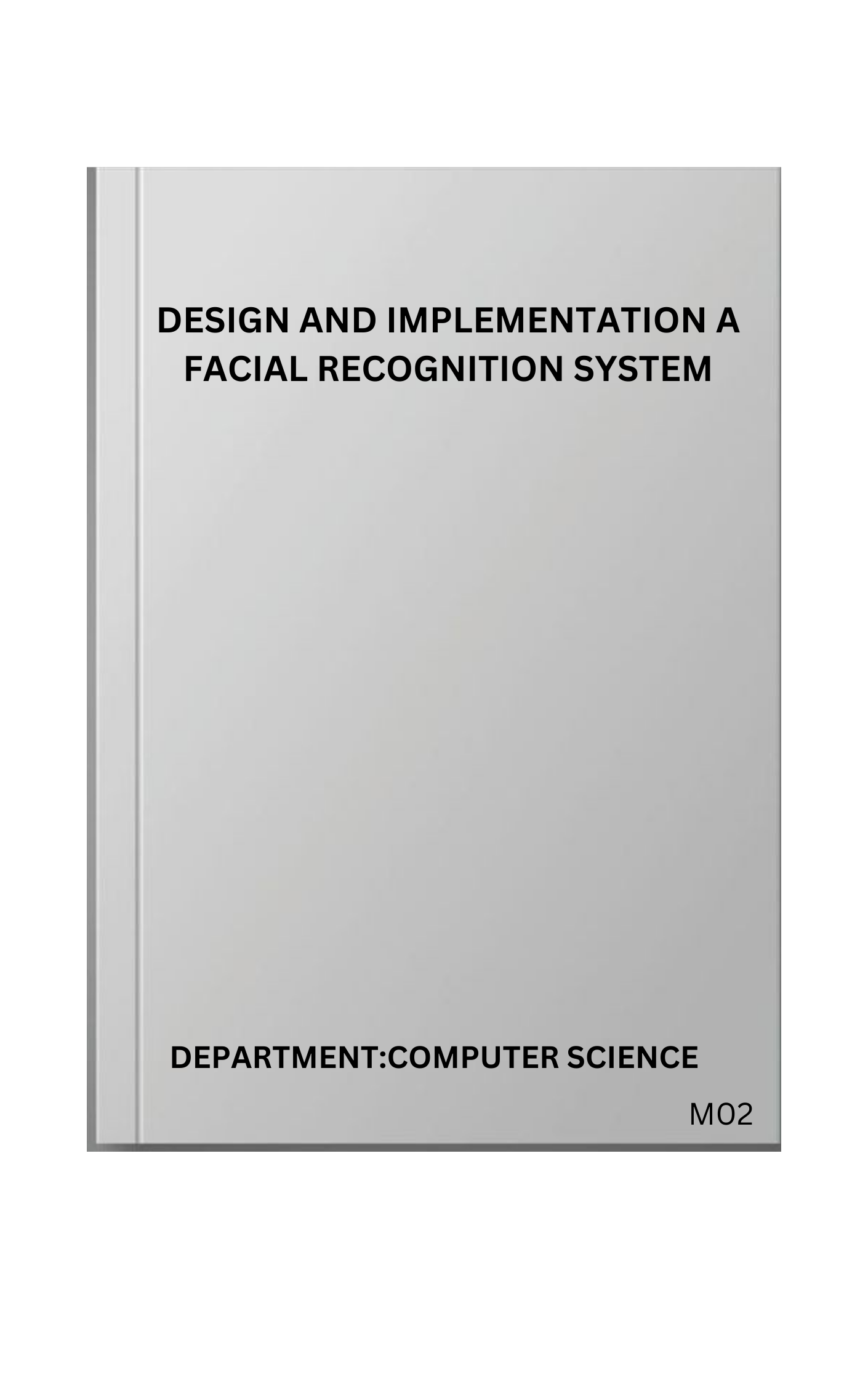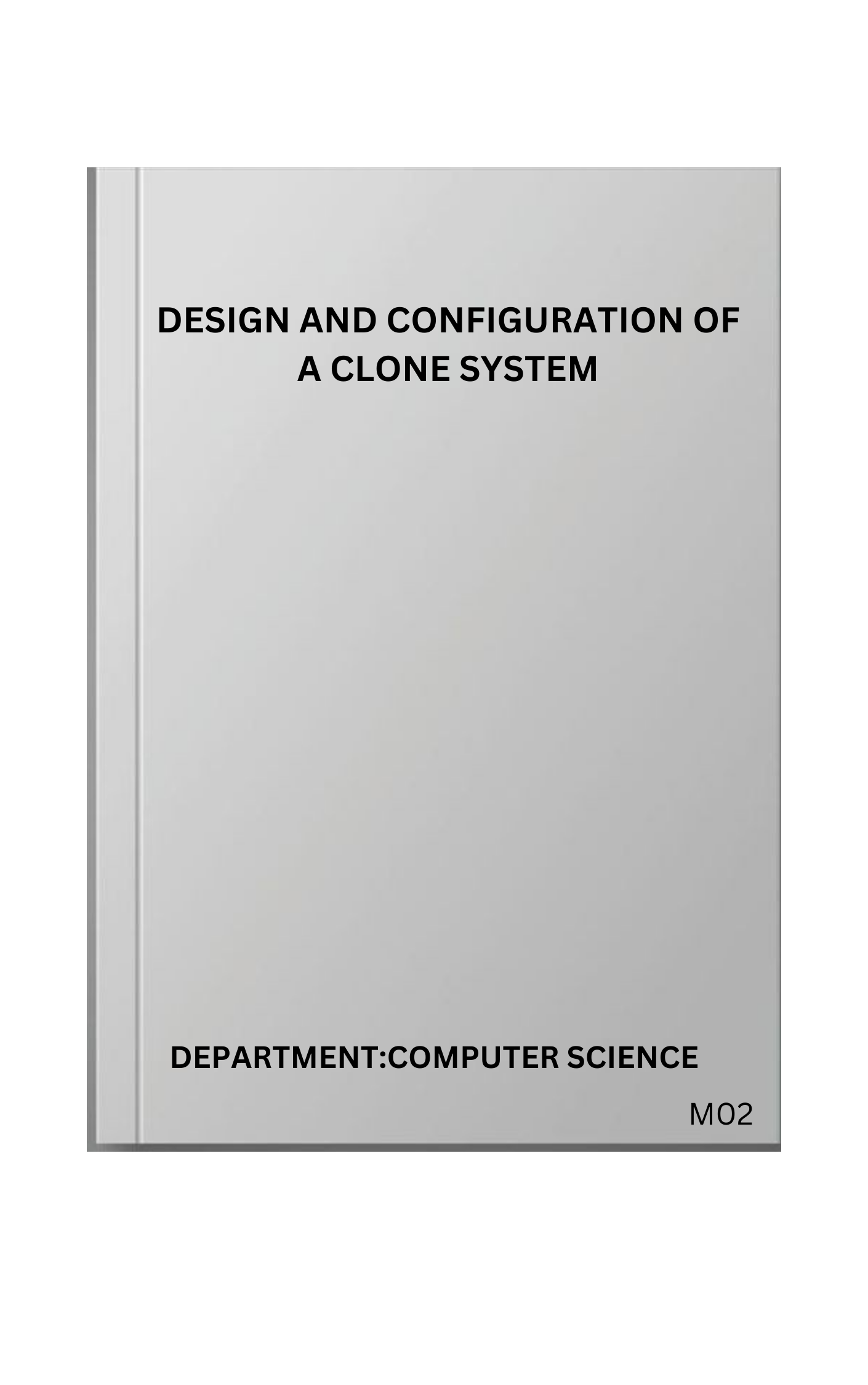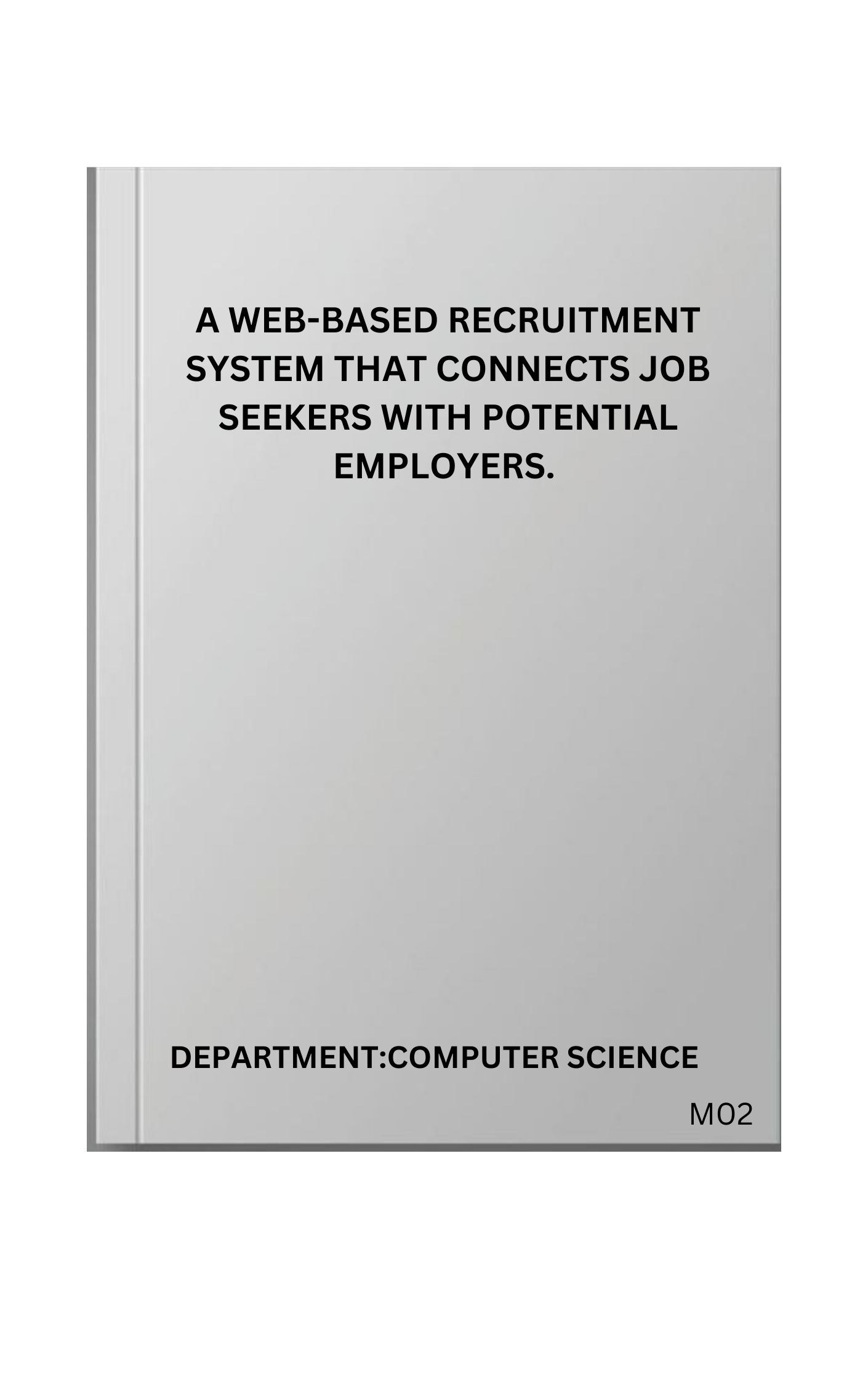CHAPTER ONE
INTRODUCTION
1.1 BACKGROUND OF STUDY
Birth registration is the process of recording a child's birth, and issuing a legal proof of registration which is the “birth certificate”. It is a process of being issued a permanent and official record of a child's existence (birth certificate), and provides legal recognition of that child's identity. This record known as a birth certificate, is a vital record that documents the birth of a person. In the case of Nigeria, this birth registration process, is one way to get citizenship in Nigeria. So far one is born and recognized through registration that the person was born in Nigeria, the person is regarded a citizen of Nigeria. The birth certificate in Nigeria is a document that entails the date of birth, location (Town, L.G.A and state) and details of the parents. It is issued by the National Population Commission for every child and is usually issued at the hospital where the child is born and it is compulsory for everyone. The National Population Commission (NPC) formed in 1992, is the only body responsible for registering births, and issuing certificates in the country.
Birth registration is essential as it is the only legal way to getting a birth certificate which is one of the legal proofs of citizenship in any country. This legal proof of identity can help protect children from violence, abuse and exploitation such as child marriage and child labor, and achieve convictions against those who have abused a child. It may be required to obtain access to basic services such as health and education. This legal proof can only be attained in this birth registration process. It is so important, that without it, children do not have legal ties to any country, including a nationality. Children who are not registered are excluded from the benefits of citizenship in ways that vary between countries.
Promoting children’s right to birth registration falls clearly within UNICEF’s mandate. Birth Registration comprises two elements:
●Entering details of a child’s birth into official government records.
●Issuing a birth certificate to the child’s parents, including information on the parents’ names, date and place of birth and further information such as nationality.
The progress in raising birth registration levels has been limited, particularly in Nigeria, where civil registration remains a significant challenge. According to an article titled "Why 43% Birth Registration Is Not Enough", UNICEF declared that approximately 57 percent of Nigerian children under the age of five years old do not possess a birth certificate (Gambari, 2022). This statistic highlights the stark global inequalities in birth registration, as birth registration is nearly complete in all developed countries. The fact that only 43 percent of children have been registered is widely regarded as insufficient by any standard of measurement. According to UNICEF, in an article titled "What is Birth Registration and Why It Matters" authored by an Advocacy Specialist in UNICEF, New York, it was stated that one in four children under age 5 are not registered (Leah, 2019). Of these 166 million children, half live in just five countries: Democratic Republic of the Congo, Ethiopia, India, Nigeria, and Pakistan. Furthermore, it was stated that even when children are registered, they may not have proof of registration. An estimated 237 million children under age 5 worldwide currently do not have a birth certificate.
Birth registration may also be vital for confirmation of nationality following tumultuous events such as armed conflict and situations of state succession. The registration of births and acquisition of citizenship are distinct processes; however, birth registration serves as important proof of the facts that form the basis for conferral of citizenship at birth. More specifically it establishes a legal record of where the child was born and who his or her parents are and thus whether the child can acquire citizenship on the basis of place of birth or descent. The conventional method of birth registration is by human inspection. Manual birth registration is complex and impractical for large increase in population. The cost of registering a child, loss of registration certificate by the parent and child, inaccurate population statistics are possible problems which inaccurate birth registration records can cause. Birth registration became an issue of utmost importance as a result of difficulties encountered while obtaining accurate population statistics essential in social services planning for any government and in ensuring that adequate resources and budgets are made available to address the needs of the populace. The use of globally accessible device for birth registration has shown great potential in this field. The performance of the Online National Database for Birth Registration was evaluated in terms of accessibility, speed, cost and capacity; and the result confirmed that the proposed Online National Database for Birth Registration will be able to assist government officials in terms of having a globally accessible system, speeding up birth registration process, reducing cost of registering a child and capable of keeping registration details for future use.
Birth registration is an important process that enables individuals to obtain official documentation of their identity and citizenship. However, traditional birth registration systems can be cumbersome, time-consuming, and inaccessible to many people, particularly those living in rural or remote areas. An online portal for birth registration and validation system can address these challenges by providing a more efficient, accessible, and secure way for individuals to register births and obtain birth certificates.
According to Mr. Jamin Dora Zubema (2008), the Department of Vital Registration is one of the core departments of the National Population Commission mandated to undertake the continuous and compulsory registration of Births, deaths, and still birth in Nigeria, through an Act titled “Births, deaths, etc. for the national population planning and for estimating the number of children that is born into the country every year. ‟ (Births, Deaths, Etc. (Compulsory Registration) Act, No. 69, 1992, p. 3). this act empowers the Commission to register such vital events nationwide. The Act clearly spelt out the registration hierarchy, responsibilities, and establishment of centers, procedure for Registration, time limit for registration and documentation of vital events such as, Births, Deaths Stillbirths, Marriage, Divorces, and the penalties for various offences among other issues. The authority is given to the Commission to perform these statutory functions of Registrations of birth and death in every locality, Local Government Area (LGA) and State of Nigeria. The Data collected can therefore be processed and analyzed for government to use for planning and also as a data source to other research bodies, non-governmental bodies and also agencies that require such data.
1.2 STATEMENT OF PROBLEM
In Nigeria, it is observed that the present system made use of manual process for birth and death registration. The data are collected using an A4 paper that is divided into five sections. Each section contains the details of the child, mother, father, informant and registrar respectively. These collected data is then sent to the National Population Commission (NPC) head office monthly. This requires substantial resources in terms of staff, equipment and storage space for these records at the state level. The implementation of an online birth registration system aims to tackle several pressing issues related to traditional, paper-based birth registration processes. Some of the key problems that online birth registration seeks to address include:
I.It is subject to delays in data transfer from place of birth or death to the National Population Commission (NPC): Traditional birth registration systems often involve time-consuming paperwork, manual data entry, and long queues at registration offices. This can result in delayed registration, making it difficult for individuals to access essential services promptly.
II.Under-Registration: Many births, particularly in remote or undeveloped areas, go unregistered due to limited access to registration centers. Online registration can extend services to areas with limited infrastructure.
III.Subject to keying errors: Handwritten records are susceptible to errors and inconsistencies. Inaccuracies in birth registration data can occur due to human error, lack of proper documentation, and the use of outdated or unreliable methods. This can impact the reliability of demographic and statistical information.
IV.Data breaches and Identity theft: The collection and storage of personal information during birth registration raise concerns about data privacy and security. Unauthorized access, data breaches, or misuse of personal data are potential risks.
V.Technological Barriers: In some areas, a lack of technological infrastructure and internet connectivity hinders the implementation of digital birth registration systems, making it challenging to modernize the process
VI.Lack of Standardization: Birth registration processes and documentation requirements can vary widely between countries and regions, leading to inconsistencies and difficulties in cross-border recognition of birth certificates.
1.3 AIM AND OBJECTIVES OF THE STUDY
1.3.1 AIM OF THE STUDY
The aim of this project is to develop an online portal for birth registration and validation system, with the primary goal of enabling parents to register the birth of their child online and receive a birth certificate within a few days.
PAY TO GET COMPLETE PROJECT

